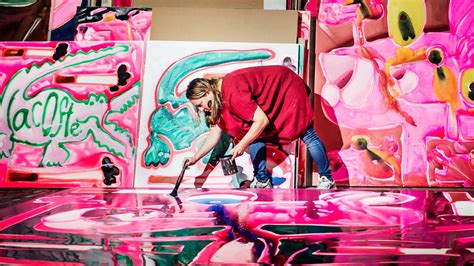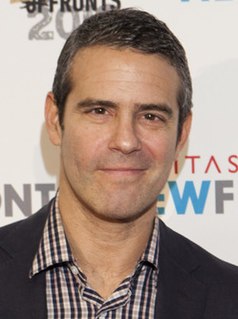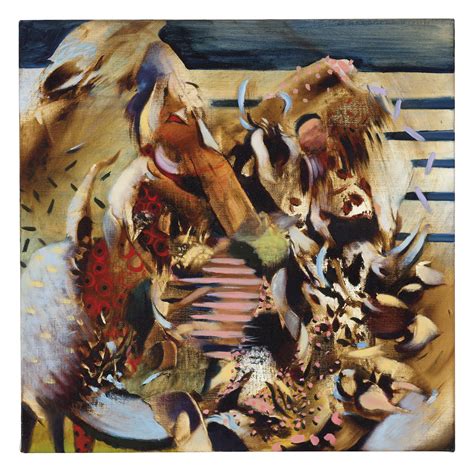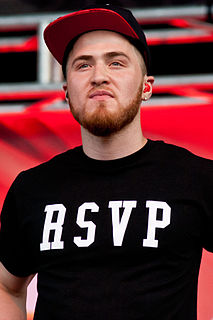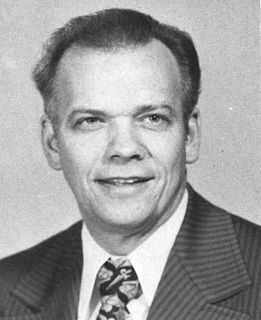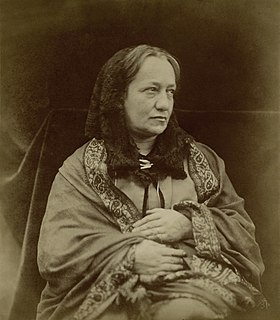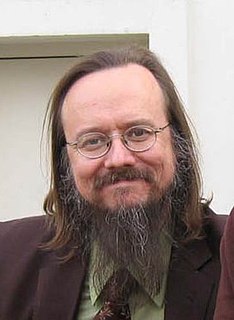A Quote by Lewis H. Lapham
Tardiness is next to wickedness in a society relentless in its consumption of time as both a good and a service--as tweet and Instagram, film clip and sound bite, as sporting event, investment opportunity, Tinder hookup, and interest rate--its value measured not by its texture or its substance but by the speed of its delivery, a distinction apparent to Andy Warhol when he supposedly said that any painting that takes longer than five minutes to make is a bad painting.
Quote Topics
Andy
Any
Apparent
Bad
Bite
Both
Clip
Consumption
Delivery
Distinction
Event
Film
Five
Five Minutes
Good
Instagram
Interest
Interest Rate
Investment
Longer
Make
Measured
Minutes
Next
Opportunity
Painting
Rate
Relentless
Said
Service
Society
Sound
Sound Bite
Speed
Sporting Event
Substance
Supposedly
Takes
Tardiness
Texture
Than
Time
Tinder
Tweet
Value
Warhol
Wickedness
Related Quotes
I think a good painting or a good work of art does many things it wants, I mean, maybe 15 or 20 or 100. One of the things a painting does is to make the room look better. It improves the wall that it's on. Which is much harder than it looks. And that's a good thing. And if one engages with a painting on that level, that's fine, that's great. After some time, familiarity, the other things that a painting does, the other layers, they just start to make themselves felt.
This is the essential distinction--even opposition--between the painting and the film: the painting is composed subjectively, thefilm objectively. However highly we rate the function of the scenario writer--in actual practice it is rated very low--we must recognize that the film is not transposed directly and freely from the mind by means of a docile medium like paint, but must be cut piece-meal out of the lumbering material of the actual visible world.
You have bits of canvas that are unpainted and you have these thick stretcher bars. So you see that a painting is an object; that it's not a window into something - you're not looking at a landscape, you're not looking at a portrait, but you're looking at a painting. It's basically: A painting is a painting is a painting. And it's what Frank Stella said famously: What you see is what you see.
You remember the Duke of Wellington was talking of the Battle of Waterloo when he said that it was not that the British soldiers were braver than the French soldiers. It was just that they were brave five minutes longer. And in our struggles sometimes that's all it takes-to be brave five minutes longer, to try just a little harder, to not give up on ourselves when everything seems to beg for our defeat.
When an actor is in the moment, he or she is engaged in listening for the next right thing creatively. When a painter is painting, he or she may begin with a plan, but that plan is soon surrendered to the painting's own plan. This is often expressed as 'The brush takes the next stroke.' In dance, in composition, in sculpture, the experience is the same: we are more the conduit than the creator of what we express
The illusion that consumption - and its correlative, income - is desirable probably stems from too great preoccupation with what Knight calls "one-use goods," such as food and fuel, where the utilization and consumption of the good are tightly bound together in a single act or event. ... any economy in the consumption of fuel that enables us to maintain warmth or to generate power with lessened consumption again leaves us better off. ... there is no great value in consumption itself.
In part of Lord Kames' Elements of Criticism, he says that "music improves the relish of a banquet." That I deny,--any more than painting might do. They may both be additional pleasures, as well as conversation is, but are perfectly distinct notices; and cannot, with the least propriety, be said to mix or blend with the repast, as none of them serve to raise the flavor of the wine, the sauce, the meat, or help to quicken appetite. But music and painting both add a spirit to devotion, and elevate the ardor.

